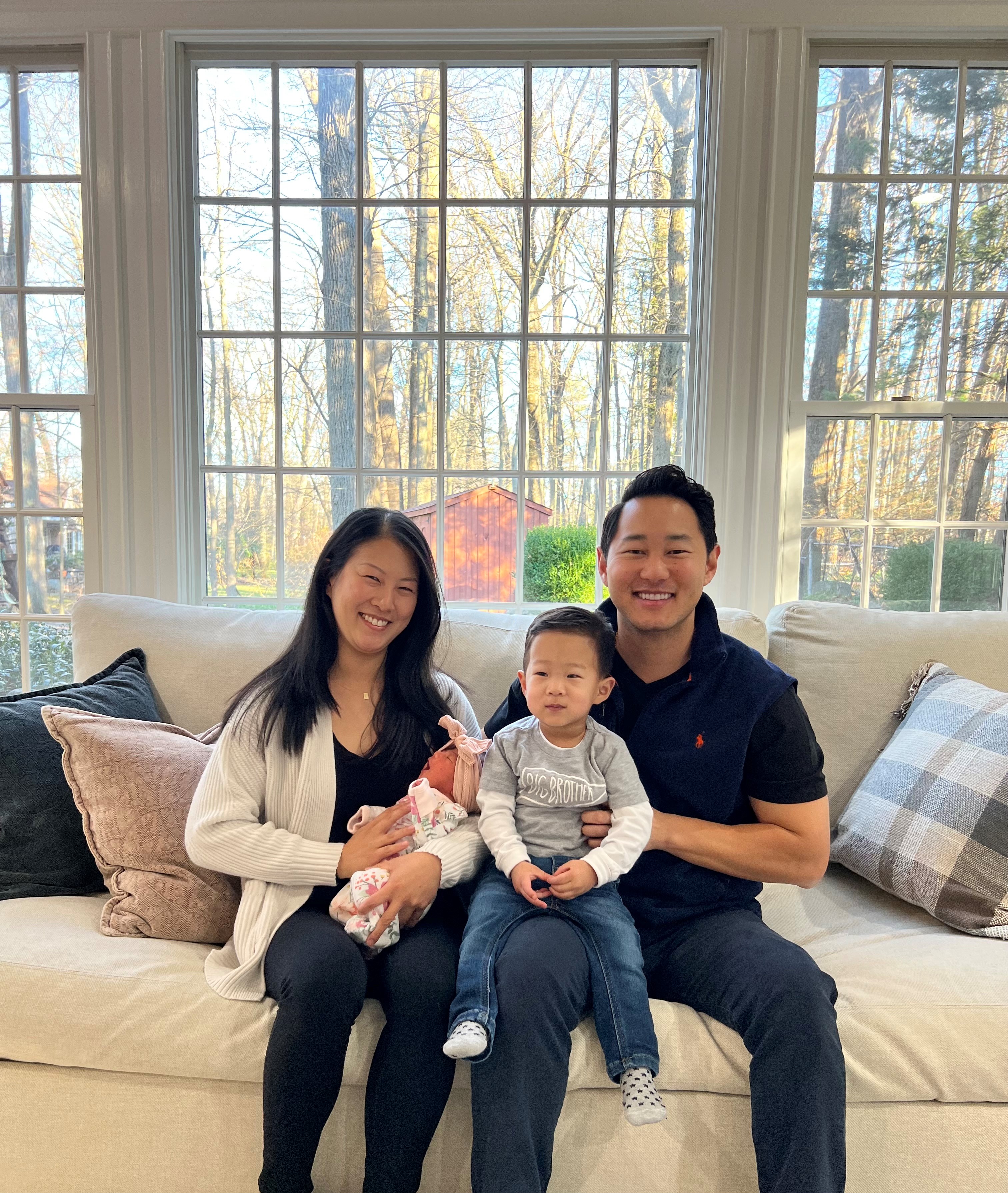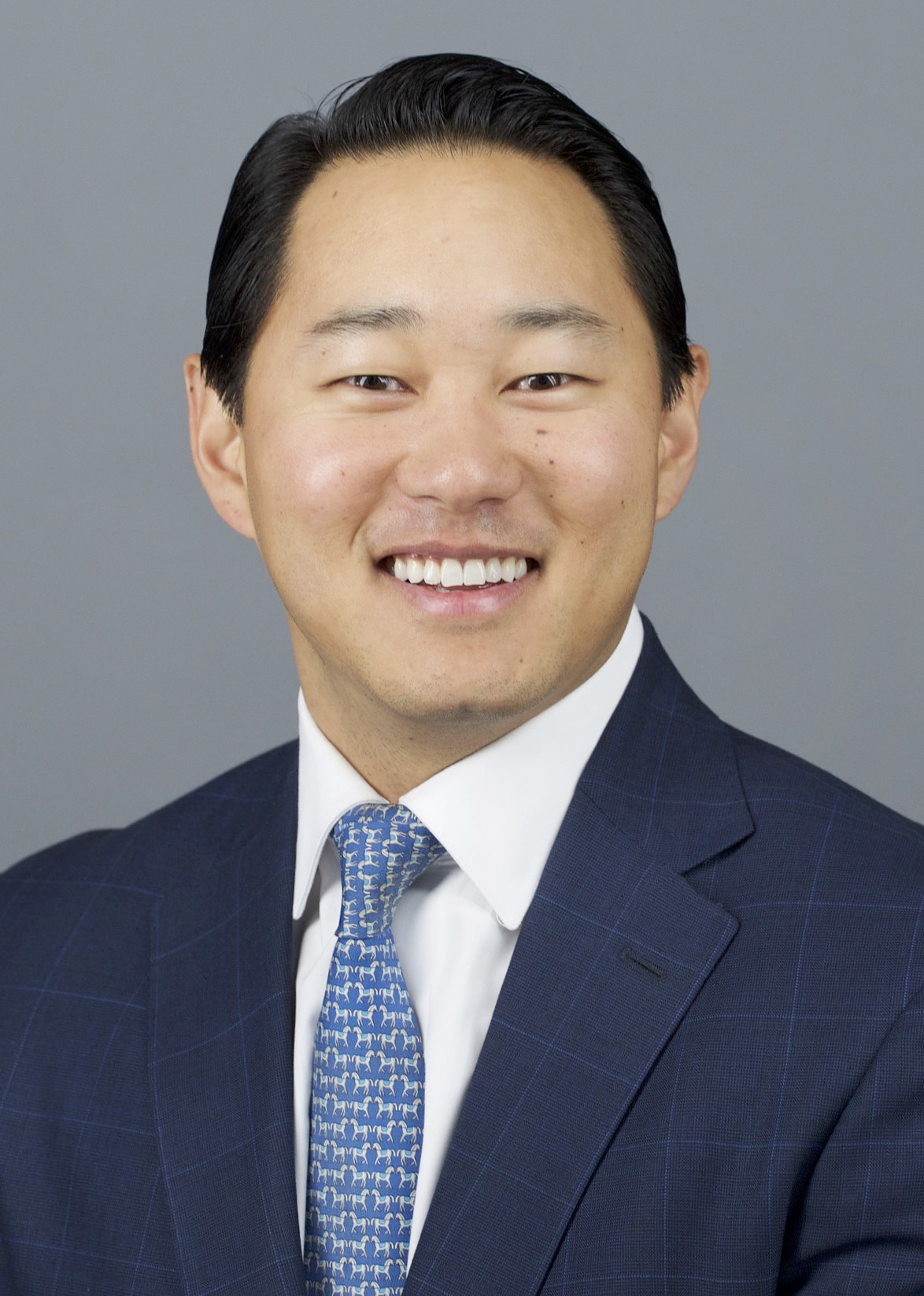It was January 2021, and my wife Grace was 35 weeks along in what had been a perfectly normal pregnancy with our first child. She was at the point where she was seeing her obstetrician every few weeks, but because of COVID restrictions, I hadn't been able to come along to any of the appointments. This visit, they were planning to do a final ultrasound, and the doctor said: "For once we'll let your husband come along so he can finally see the baby."
We were living in downtown New York City at the time, in the process of finalizing the purchase of a new home in northern New Jersey. During COVID, Grace and I both worked from home—Grace as a second-grade teacher and myself as a private wealth management advisor—our Zoom calls sure sounded different!
The hospital where Grace was getting the ultrasound was close to our home, so before I left for the appointment, I told my colleagues that I'd be back at work in a couple of hours. I didn't wind up logging back in for over a week.
A sudden change of plans
The ultrasound showed that the baby was measuring small and Grace's fluid levels were low, so they decided to induce her within hours. Lucas was 4 pounds when he was born and his lungs were underdeveloped, so he needed breathing support and a feeding tube. He was in the NICU for over 2 weeks, during which time we closed on our house and our family helped move all our belongings. When we finally brought our new baby home, it was to an empty house filled with boxes.
Lucas seemed healthy when he was discharged from the hospital but unfortunately that wasn't the end of his medical needs. He developed 2 unrelated conditions—a hernia and testicular torsion—which both required spending days in the emergency room as well as surgery. There were some terrifying times when our child was in a great deal of pain, and we didn't know what was happening. Money was the last thing on our minds in those moments. As a parent you instinctually try to do whatever you need to do for your child.

The million-dollar bill
Most importantly, both Lucas' surgeries were successful. But I was shocked when I saw the hospital bills—over $1,000,000! We were fortunate to have great health insurance that covered most of it, but we hit our annual out-of-pocket maximum for the first time—a big expense for new parents and new homeowners.
Luckily for us, many years prior I had been at an event with a Fidelity leader who discussed the potential benefits of savings in a health savings account (HSA). He said: "Even people who are young and healthy should consider getting an HSA." Until then, I hadn't really considered enrolling in a high-deductible health care plan, which would make me eligible for an HSA. It seemed like a lot to cover my initial bills until I met the deductible. But when I ran the numbers during open enrollment time, I realized the economics made sense for my situation because of the tax savings with the HSA: Tax-deductible contributions, tax-deferred growth, and tax-free withdrawals for qualified medical expenses*. Through our diligent contributions into our HSA, we had enough saved to cover all our out-of-pocket expenses for Lucas's medical treatments.
A growing family
Emergency savings is something I talk about with clients all the time, as part of our broader financial planning process. My own experiences really reinforced their importance. It's so critical to have a plan to cover large, unexpected expenses. And those expenses frequently take the form of medical bills, so if you're eligible for a HSA and it matches your medical needs, it may be worth looking into. Grace and I now contribute the maximum amount each year. We could also consider paying for some of our health care expenses out of pocket and investing the money in our HSA, which would allow us to take advantage of potential compounding and use it as a powerful savings vehicle for retirement.
Since his medical bouts, Lucas has remained healthy and has grown into a strong young boy. We recently welcomed a baby girl into the world, Mila, and Lucas is already in love with his younger sister. We remain hopeful that Mila won't have to endure medical hardship like her older brother, but if she does, we feel prepared as a family—both emotionally and financially—to overcome any challenge thrown our way.
About the author



